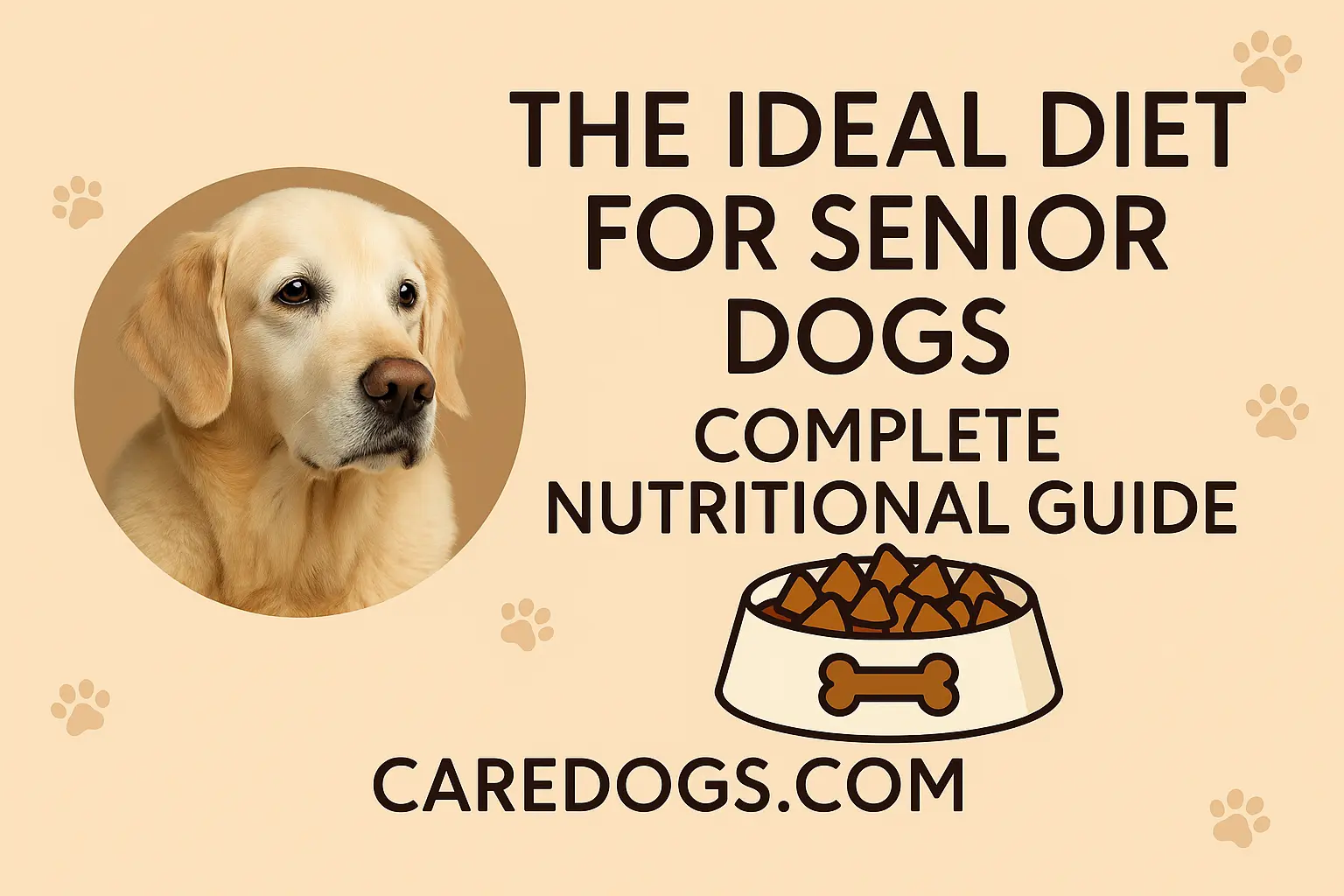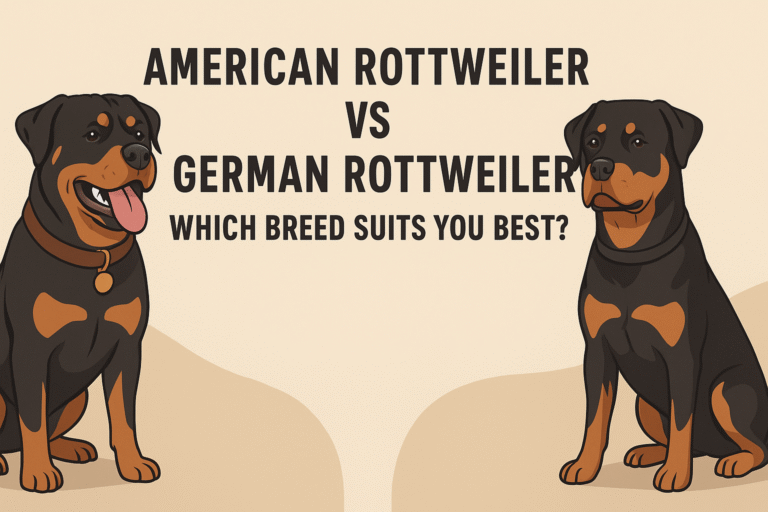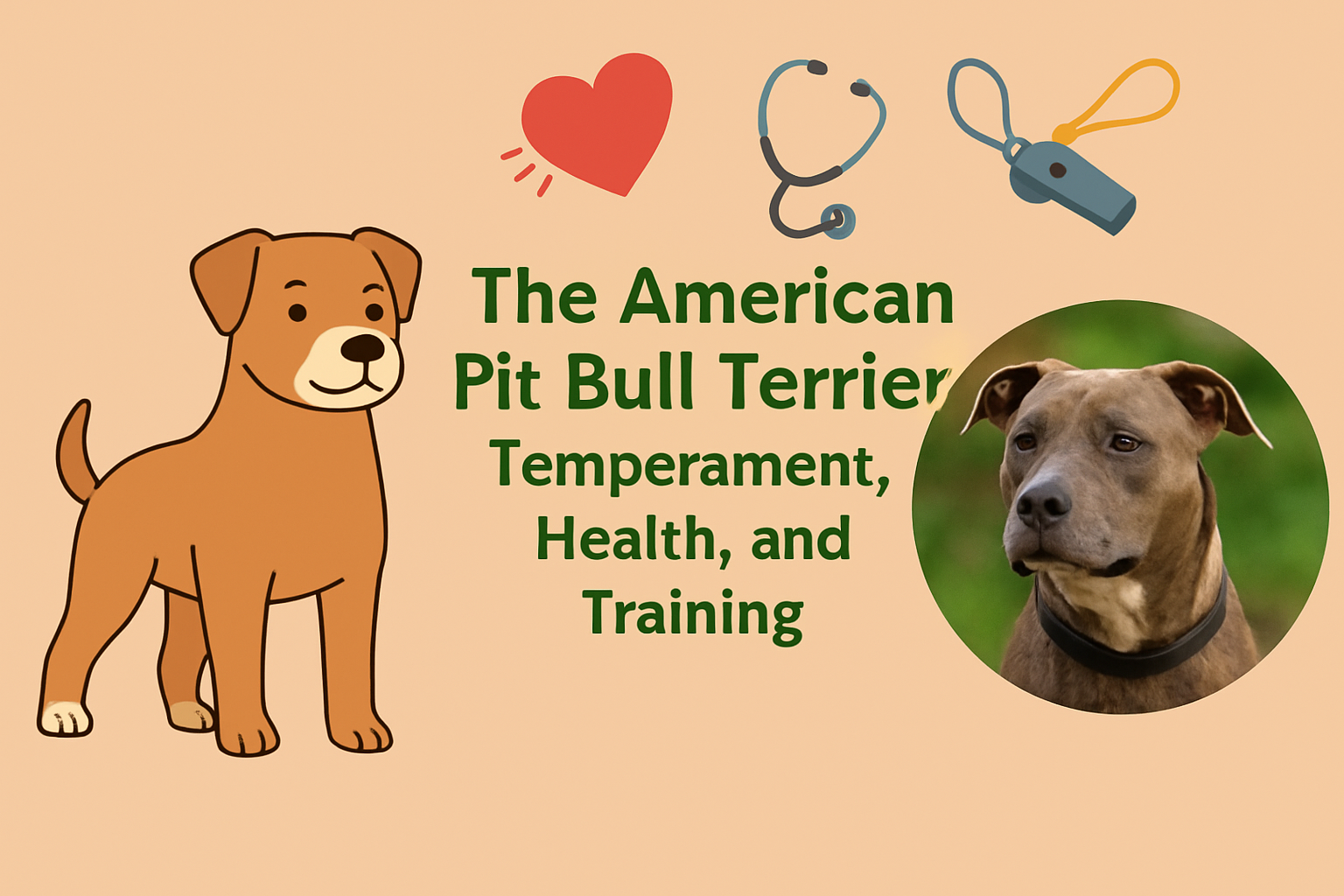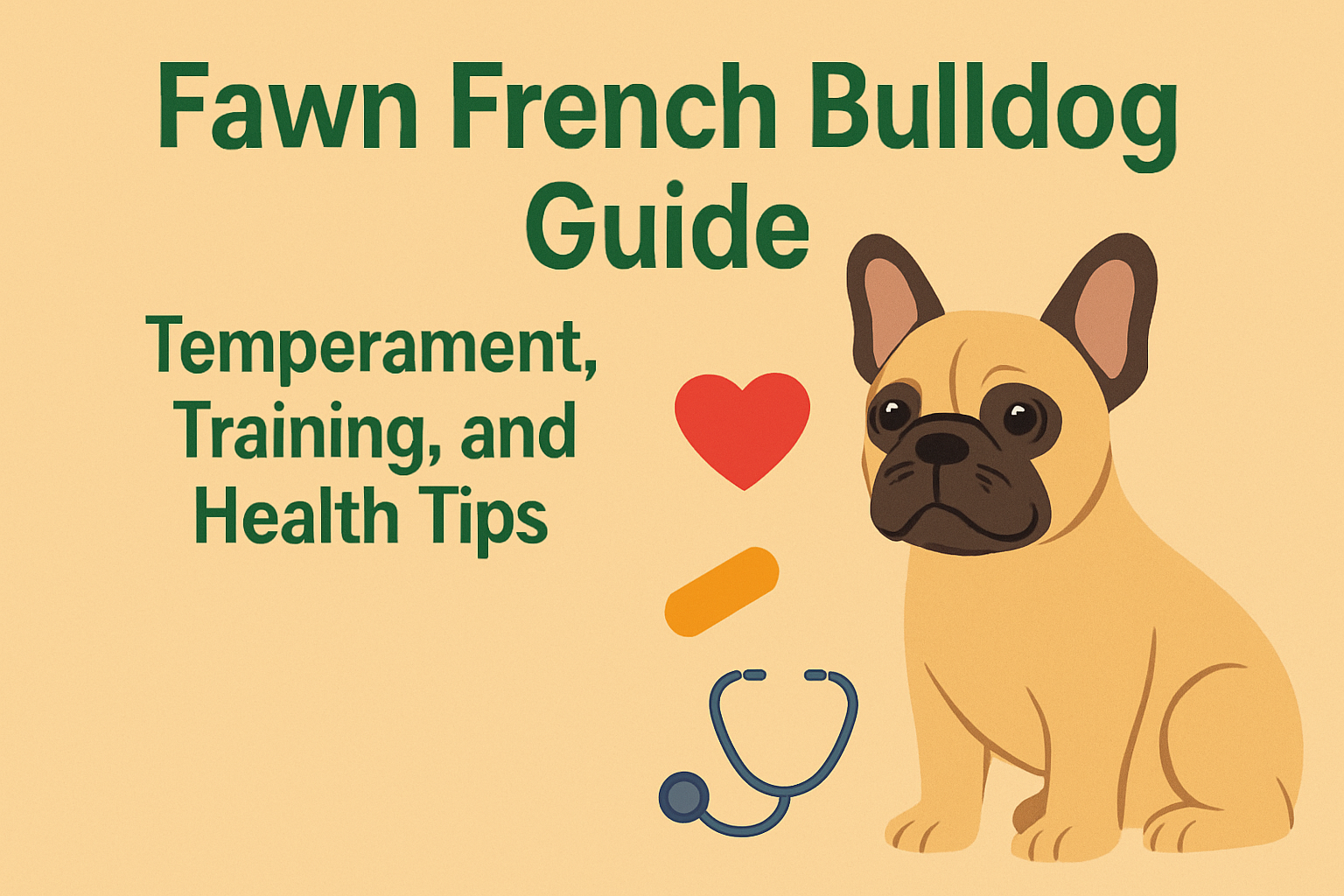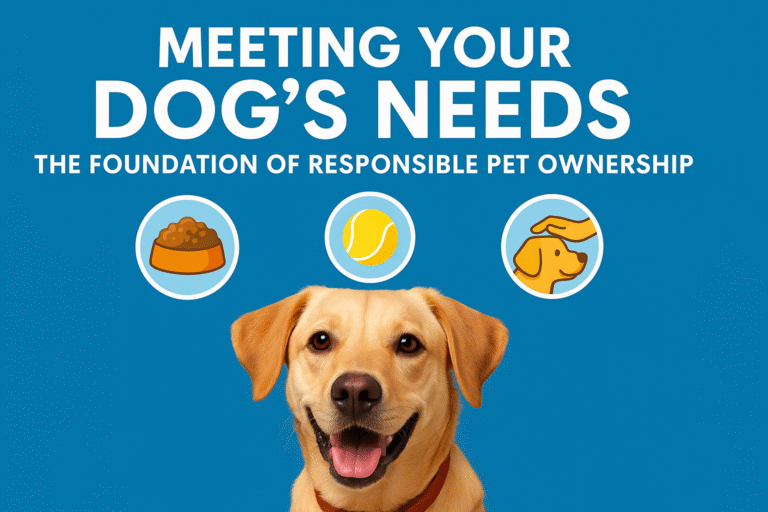The Ideal Diet for Senior Dogs: Complete Nutritional Guide
As the dogs age, their nutritional requirements also undergo changes. What used to be an appropriate diet when they were younger will not suffice in meeting the needs of their aging body. The older dogs need fewer calories, greater quantities of quality protein, and other nutrients to keep their muscles, joints, and immune system intact. Selecting the appropriate diet can go a long way in keeping them healthy for an extended period.
The Process of Aging in Dogs
Shared Health Conditions of Older Canines
Older canines are more susceptible to kidney disease, heart disease, diabetes, obesity, and arthritis. With a proper diet plan, these conditions might be controlled, or even avoided.
How Aging Impacts Metabolism and Digestion
Older canes have reduced metabolic rates, in that they consume fewer calories. They are also likely to be worse off when it comes to digestive efficiency, thus the difficulty in absorbing the necessary nutrients.
Key Nutrition of Older Canines
Protein Needs for Old Muscles
Unlike old myths, older dogs require high-quality protein in great quantity to keep muscle lean and prevent frailty. Seek out easily digestible protein such as chicken, turkey, fish, or eggs.
Healthy Fats for Energy and Healthy Skin
Fats supply energy and healthy skin and coats. Omega-3 fatty acids are particularly worth the investment since they minimize inflammation and promote joint health.
Fiber for a Healthy Gut
A high-fiber diet maintains healthy bowels and prevents constipation that is more prevalent in older canines. Pumpkin, brown rice, and sweet potatoes are high in fiber and can be included.
Vitamins and Minerals for Improved Immunity
Vitamins C and E are free radical-neutralizing antioxidants, and minerals like calcium and phosphorus are involved in bone formation.
Selecting the Correct Food for Senior Dogs
Dry Kibble vs. Wet Food: Pros and Cons
Dry kibble is healthy for teeth but can be difficult for dogs with dental problems to crunch.
Wet food is more flavourful and juicier but can be more calorically and fat-dense.
Grain-Free vs. Whole Grains
While grain-free diets are trending, most dogs have little trouble with whole grains such as oats and brown rice. Always check with your vet if food sensitivity is a concern.
Homemade Diets and Commercial Senior Dog Food
Home diets may be prepared for individual health requirements, provided that they are balanced. Senior commercial dog foods cater to the requirements of mature dogs and are a convenient choice.
Special Dietary Concerns
Weight Control and Portioning
Mature dog obesity is an easy problem to get worse with arthritis and heart conditions. Eat less food, low in calories, but rich in nutrients, to reach a healthy weight.
Diet for Arthritis or Joint Affected Dogs
Look for foods that contain glucosamine, chondroitin, and omega-3s to soothe inflammation and promote mobility.
Food for Kidney or Heart Dogs
Kidney patients can be fed low-protein diets, and heart patients can be given low-sodium. Always be certain to follow veterinarian recommendations with these diseases.
Senior Dog Supplements
Omega-3 Fatty Acids
Brain function, reducing inflammation, and healthier skin and coats are encouraged by omega-3s.
Glucosamine and Chondroitin
These arthritic dog joint supplements remove stiffness and enhance mobility in arthritic canines.
Probiotics for Digestive Health
Macrobiotics enhance digestion, boost immunity, and support age-related gastrointestinal issues.
Feeding the Older Dog
Keeping Feeding Routine Stable
Older dogs enjoy frequent, smaller meals to help keep energy levels stable and avoid gastrointestinal upset.
Motivating Appetite in Fussy Eaters
If your elderly dog will not eat, slightly warming foods or adding a low-sodium broth will entice appetite.
Hydration and the Importance of Fresh Water
Old dogs are susceptible to dehydration, particularly those with kidney disease. Always ensure a source of clean, fresh water and consult wet food for increased water content levels.
Avoidance Mistakes
- Upkeep of the same diet from puppyhood through to old age
- Considering old dogs as having reduced protein requirements
- Ignoring portion control and weight gain
- Over-supplementation without consulting a vet
- Overshooting hydration needs
Frequently Asked Questions (FAQs)
Q1: What age would a dog be considered senior?
Most dogs are senior at 7 years of age, though larger dogs mature more quickly.
Q2: How much protein per day would a senior dog require?
Senior dogs would require at least 25–30% protein in their diet, though the amount will vary with health and activity level.
Q3: Should senior dogs eat puppy food?
Puppy food is too calorically dense and will cause weight gain in older dogs. Best to select a senior diet
Q4: Do I need to supplement my older dog?
Yes, but only with the advice of a veterinarian. Omega-3s, probiotics, and joint supplements are most often advised.
Q5: How often should I feed my older dog?
Two or three small meals a day are ideal, rather than a single large meal.
Q6: What are some foods that should never be fed to older dogs?
Treats like chocolate, onions, garlic, grapes, and salty or fatty foods to avoid.
Conclusion
The perfect diet for older dogs is all about excellent protein, good fat, fiber, and necessary vitamins. With the right food, weight management, and supplementing with good stuff, you can keep your dog healthy for a very long time. Read, however, that every dog is different, so always consult your doctor before making severe changes to their diet.

